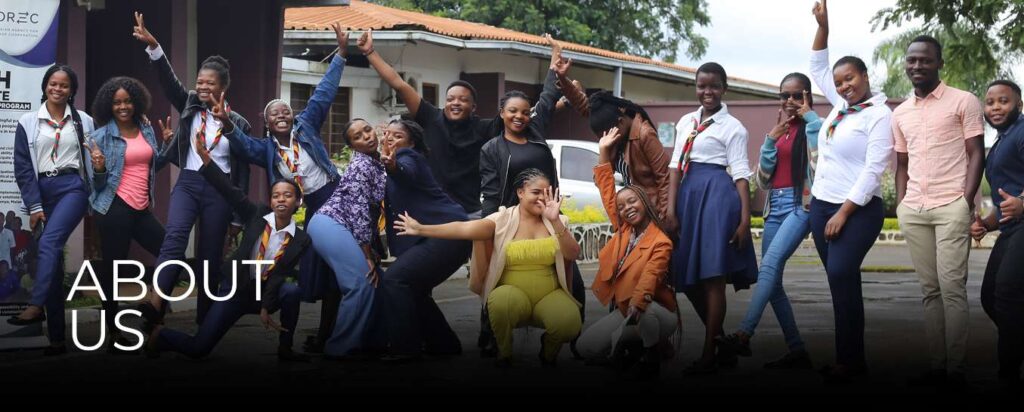
Centre for Youth Empowerment and Civic Education (CYECE) is a Non-Governmental and not-for-profit organization established in March 1997. It was formed with the aim of addressing the socio-economic development issues affecting children and young people in Malawi.
CYECE’s development goal calls for Scaling up of interventions and efforts that protect children’s rights, empower young people and promote their health and wellbeing in Malawi. CYECE headquarters is based in Lilongwe in Area 15 and it has programmes across Malawi with community-based projects in Lilongwe, Kasungu, Dowa, Salima, Mchinji, Dedza in the central region, Mangochi, Chiradzulu, Machinga, Balaka, Mwanza, Neno, Zomba, Thyolo, Blantyre and Chikhwawa in the southern Region and Karonga, Nkhatabay, Mzimba in the northern region.
The Organization uses four interlinked strategies of Community Mobilization, empowerment, Capacity building and advocacy to fulfill its mandate with Meaningful Youth Participation (MYP) as an overarching approach to all the processes and programme implementation. CYECE has a strong and active board of trustees which has professionals from diverse backgrounds and disciplines. The board has a membership of nine people and it provides oversight leadership on governance and policy of the organization. Management of the organization is vested in the hands of the secretariat which is headed by the Executive Director who oversees the day-to-day operations of the organization.
OurVision
By 2030, Malawi is an informed and inclusive society where children and young people’s rights are realized and safeguarded.
OurMission
CYECE exists to promote Adolescent and Youth Sexual and Reproductive Health, children’s rights and meaningful youth participation in social and economic development through social mobilization, capacity building, Communication, education and advocacy with the values of transparency and accountability, inclusiveness, equality and commitment.
Our Objectives
> Strategic Objective 1: To Promote adolescents and young people’s access to and uptake of comprehensive SRHR information and services.
> Strategic Objective 2: To ensure that all children especially girls and the most marginalized children are protected from all forms of violence, abuse and exploitation and have access to inclusive quality basic and secondary education.
> Strategic Objective 3: To empower young people and advocate for their meaningful participation in social and economic development
High retention of children to schools in tobacco growing areas after introduction of the After School Initiative
Our partners


